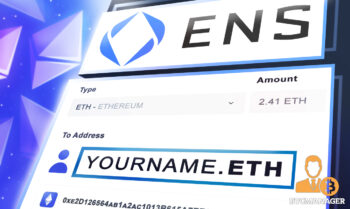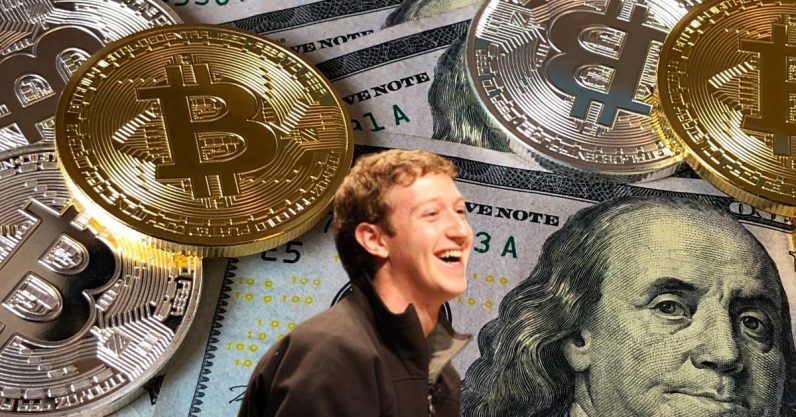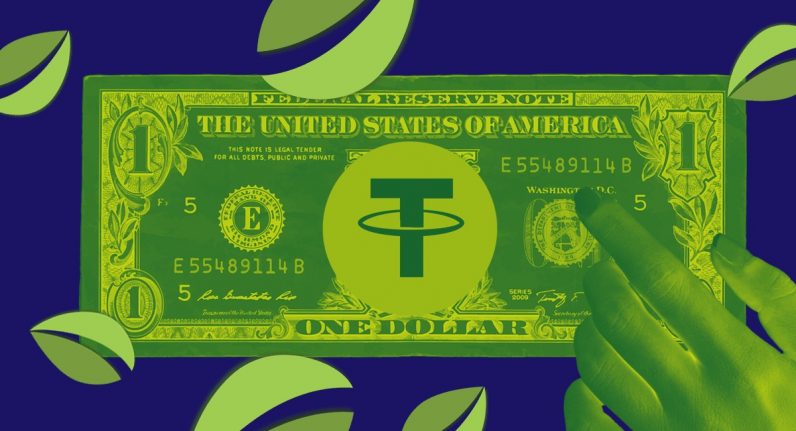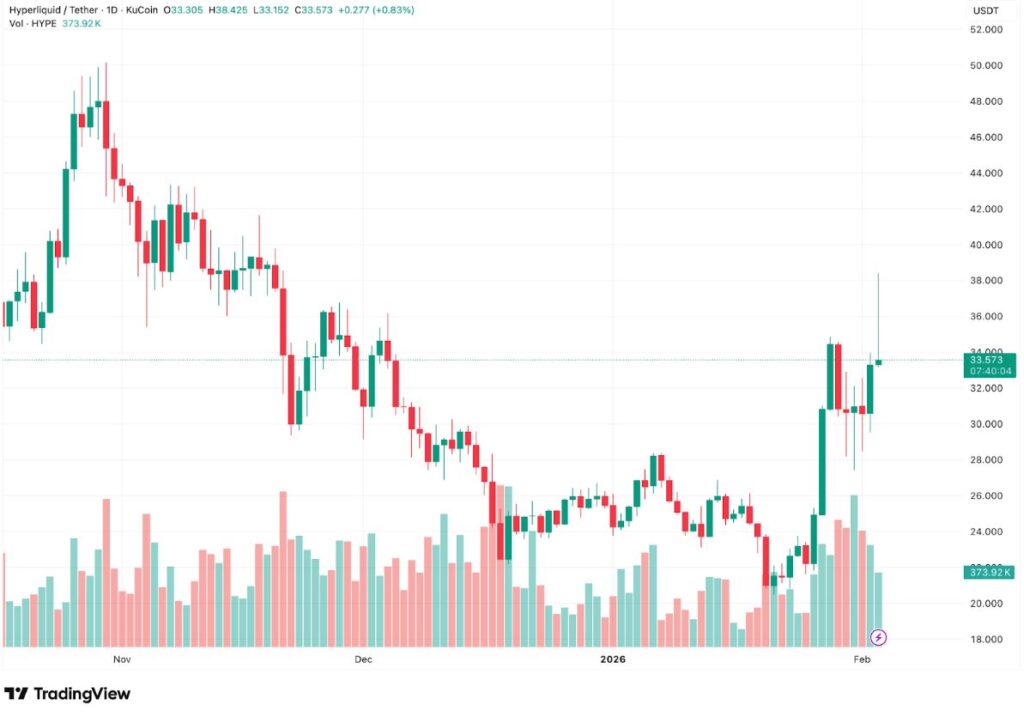2022-1-28 14:25 |
Web 3.0 is set to usher in the next generation of the internet, an era where platforms will be community-driven instead of being governed by centralized intermediaries. Though still in its early development stages, Web 3.0 is becoming more popular especially with the rise of blockchain ecosystems and cryptocurrencies.
As it stands, most of the functioning Web 3.0 innovations are crypto-oriented. This is because of the underlying blockchain architecture, which in most cases, follows a decentralized model. Unlike previous versions of the web, this new decentralized ecosystem focuses on giving control to users by eliminating middlemen such as Facebook who have previously been accused of data privacy violations.
The Web 3.0 infrastructure is not only changing the social media landscape but other industries, including finance, arts and the gaming sector. Today, we have notable Web 3.0 innovations that are building futuristic solutions to set the stage for decentralized economies. Most of the projects that fall under this purview leverage the Decentralized Autonomous Organization (DAO) model to manage/run their ecosystems.
For the DAO model to work, Web 3.0 projects are launching governance tokens, which basically power the decision-making process and network incentives. While there exist several governance tokens in the crypto market, their value is dependent on the significance of the supporting ecosystem. As far as predictions go, some of these tokens will perform better than the rest. Here are four Web 3.0 tokens/innovations that will likely thrive in the near and far future.
1. Chingari ($GARI)Launched on the Solana blockchain ecosystem, $GARI is the native token to India’s leading short-video application, Chingari. The application was pioneered in 2018 and has since grown in popularity to rival heavyweights such as TikTok; it currently touts over 32 million monthly active users, a figure that will likely hit 200 million once they expand to other Asian countries and the U.S. In addition, the project has secured millions in funding from crypto VCs such as Alameda Research, Republic Capital, Galaxy Digital and Kraken.
Despite starting as a centralized video-sharing platform, Chingari has begun the development of a DAO governed ecosystem. The platform’s native token $GARI will play a fundamental role in its transitioning to a Web 3.0 application. Ideally, $GARI will enable creators on Chingari to create and have autonomy of control over their content. It will also serve as the DAO governance token, allowing stakeholders to vote on the platform’s development. So far, $GARI has been listed on six prominent crypto exchanges; they include Huobi, FTX, OKEx, MEXC Global, Gate.io and KuCoin.
2. Decentraland (MANA)Decentraland is among the first metaverse ecosystems to launch on the Ethereum blockchain. At the core, the metaverse is a virtual world where users leverage blockchain capabilities and VR to replicate real-world experiences. This project has been on the rise within the past year; its native ERC-20 token MANA has gained over 1100% to trade at $2.11 as of press time.
So, what’s this ecosystem all about? For starters, decentraland features virtual land pieces LAND, which are designed based on the ERC721 standard. Metaverse users can acquire these virtual land pieces and develop them by adding other features such as art displays and on-chain games to increase their value.
Meanwhile, MANA serves as Decentraland’s in-purchase crypto token. The token, which is listed on several crypto exchanges, has a maximum supply of 2.1 billion tokens although only 1.3 billion are currently in circulation. With the metaverse becoming a household concept, MANA is set to play an important part in onboarding more users to the Web 3.0 ecosystem.
3. Chainlink (LINK)Chainlink (LINK) is an OG Web 3.0 innovation that was launched to solve the communication barrier between smart contracts and external data sources. While smart contracts have proven to be effective in eliminating the middleman, their architecture is limited to on-chain data which means they have to rely on external APIs to access off-chain data. Chainlink features an oracle solution, rewarding data providers with its native token LINK.
Dating back to 2017, Chainlink has become one of the largest oracle solutions in the crypto market. Given its value proposition, the price of LINK has surged significantly to trade at $15.6, marking a 10,000% increase from its all-time low of $0.148 in 2017. In addition, the project boasts a large community ‘LINK marines’ who are pretty vocal and progressive when it comes to development. As Web 3.0 innovations take over, it is inevitable to integrate off-chain data. Chainlink is therefore one of the crypto projects whose fundamental value will contribute to the growth of a decentralized web.
Closing ThoughtsWeb 3.0 is slowly but surely changing the world’s view on digital ownership and data privacy. With more people becoming aware of the violations committed by centralized service providers, the decentralized web will soon be hosting global economies. It is no surprise even the dominant Web 2.0 players such as Facebook are pivoting to the metaverse. This trend will likely continue as more brands and celebrities gradually appreciate the underlying value of decentralized infrastructures.
origin »
Bitcoin price in Telegram @btc_price_every_hour
Webcoin (WEB) íà Currencies.ru
|
|






















